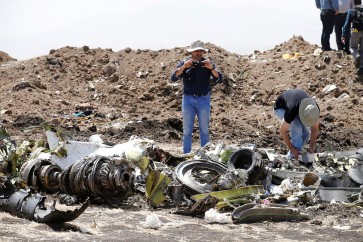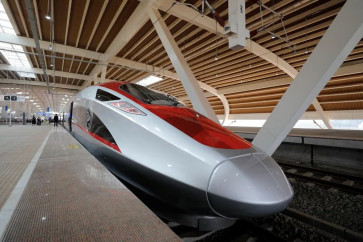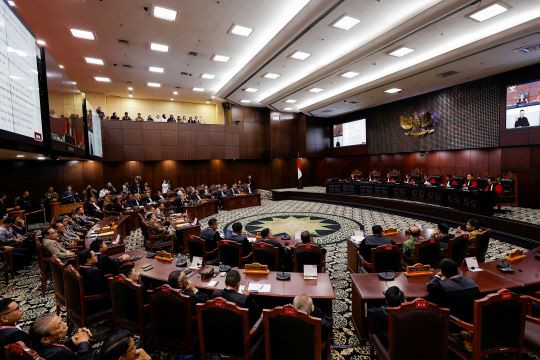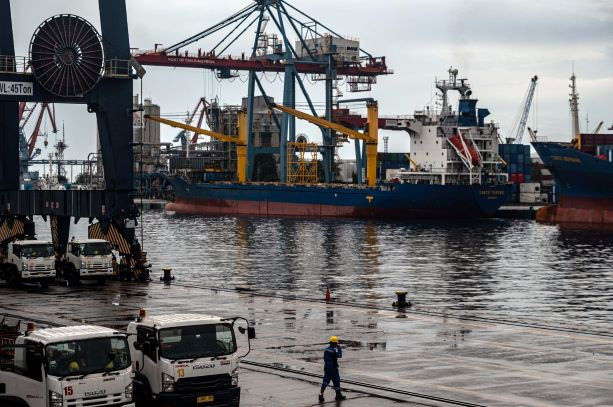New Zealand defense review calls for more money to meet great power rivalry
New Zealand is facing the most challenging strategic environment in decades amid a great power rivalry and with a military not fit for future challenges, according to a government review that lacked concrete plans to reverse the situation.
Change Size

N
ew Zealand is facing the most challenging strategic environment in decades amid a great power rivalry and with a military not fit for future challenges, according to a government review that lacked concrete plans to reverse the situation.
The government on Friday presented its first national security strategy, along with the first stage of a defense review. The review outlined how New Zealand needs to spend more on its military and strengthen ties with countries in the Indo-Pacific to help meet the challenges of climate change and strategic competition between the West, and China and Russia.
"The threats that New Zealand faces are becoming more complex and more challenging," New Zealand Defense Secretary Andrew Bridgman said in a speech at the launch.
"We will continue to meet the demand of today with the force we have, however in the near term, we need to orientate ourselves to the emerging future and the evolving context."
Any decisions, however, on increasing budget for defense, currently at around 1 percent of GDP, or upgrading equipment will not be made until after the release of further documents in 2024.
Reuben Steff, a foreign policy and global security senior lecturer at the University of Waikato said the documents provided a sense of the conceptual framework but kicked the can down the road on actual decisions.
The government may be trying to give the public time to understand the severity of the situation and emerging trends so when or if they announce increased spending, they will have the social license to do so, he said.
The inaugural security strategy underscored how China's rise is upending old norms and behaviors even 9,000 kilometers away in Wellington.
"An increasingly powerful China is using all its instruments of national power in ways that can pose challenges to existing international rules and norms," read one policy document.
New Zealand Defense Minister Andrew Little said this was particularly a concern in the Pacific where China was building relationships in the region and was trying to demand a level of exclusivity.
"We know China offers extraordinary opportunity to us and many other countries, but the nature of its conduct and its engagement with the rest of the world also poses a threat," he said.
Chinese state-sponsored actors had exploited cyber vulnerabilities in ways that undermined New Zealand's security, said another document that did not provide further details.
New Zealand's military needed more investment, equipment and training to be ready for armed conflict and disaster relief operations, according to a policy document published alongside the strategy.
Underspending on the country's defense force and the challenge the force faces are well documented.
Three of the Navy’s nine ships remain idle because of staff shortages, plans to build a ship suitable for patrolling in the harsh conditions of the Southern Ocean are suspended and the country's frigates are aging and are expected to need be replaced.
Little said defense spending was likely to have to increase above 1 percent of GDP but was unlikely to get as high as 2 percent of GDP.
The wide-ranging review also prioritized deeper defense ties with New Zealand's only ally, Australia, and closer links to other partners in the region, including the US, whose presence in the Indo-Pacific was "critical" for New Zealand's security.
Long protective of its independence, New Zealand banned nuclear-armed and nuclear-powered ships from its waters in 1984.









